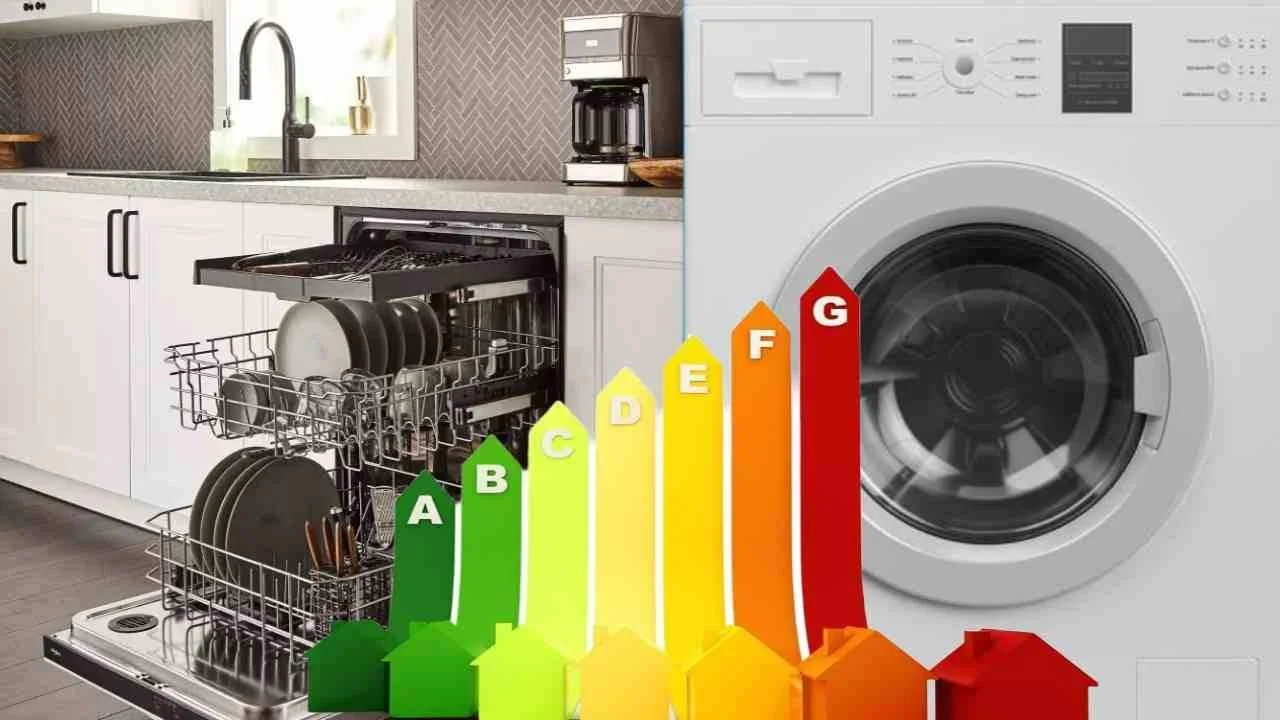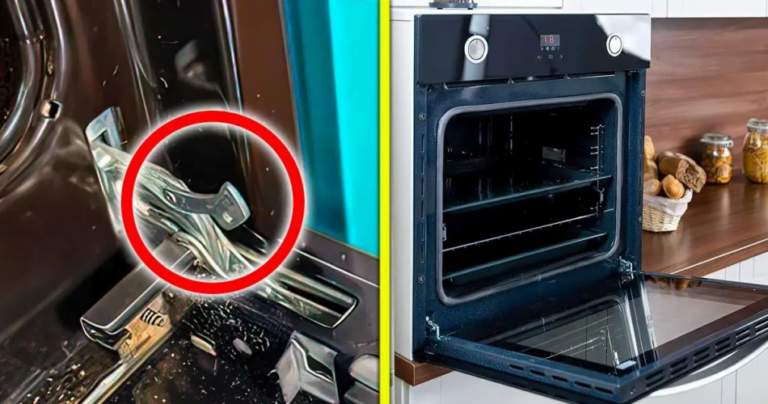Washing machine or dishwasher, what consumes more on your bill? The answer may surprise you
Do you know which appliance between the washing machine and the dishwasher consumes the most? This is precisely what increases consumption on the bill . Here are the techniques to save.
Energy-intensive household appliances: how to avoid high bills
Most of the appliances we use at home are energy-intensive, that is, they consume large quantities of energy . They are the main ones responsible for the bills which every month, also due to the energy crisis , are increasingly higher.Energy-intensive household appliances – Nanopress.it
According to some market surveys, 55% of electricity costs depend on the use of household appliances. There are some that we use every day, for example the washing machine, the dishwasher and the refrigerator , and others less frequently, for example the microwave oven or the electric kettle.
Each of these household appliances mentioned involves a more or less high kW consumption which then translates into costs reported on our energy bill. But what are the most energy-intensive household appliances?
For example, have you ever wondered whether the first or the second consumes more between the washing machine and the dishwasher? Today we find out and we tell you that the answer might surprise you.
Washing machine or dishwasher, what consumes more on your bill?
Washing machine and dishwasher are the most used appliances in a home , the ones you just can’t do without. You certainly won’t be surprised to discover that these are two of the most energy-intensive appliances on the market , mainly responsible for the high costs on your bill.
In this period of energy crisis, many people and families are trying to adopt strategies for a more conscious consumption of electricity and to avoid, consequently, having to pay excessively high bills at the end of the month.
Yet, no matter how committed we are to a more conscious use of household appliances , giving up the washing machine or dishwasher today is truly impossible. Have you ever wondered which of the two appliances, washing machine or dishwasher, consumes more on your bill? The answer is unexpected.
The most energy-intensive household appliance is the washing machine! Consider that an energy class A washing machine with 260 wash cycles consumes an average of 240 kWh per year which translates into a cost of 63 euros per year on the invoice.Washing machine, the appliance that consumes the most energy – Nanopress.it
However, consumption also depends on the use of this appliance and in particular on the temperature you choose to carry out the washing cycles . An example? At 40 degrees you save 30% of energy which doubles if you wash at 50 or 60 degrees.
Since it is practically impossible to give up the use of the washing machine, you need to adopt strategies that allow you to save money . According to experts, the Eco mode , which is perfect for frequent washing, allows you to use this appliance without consuming too many kilowatts. Another tip to take advantage of is this: buy a washing machine with energy class A, A+, A++ or A+++ : in this way you safeguard the environment and also save on your bill.
Dishwasher costs and consumption: advice from the experts
As regards the dishwasher , on average this appliance consumes 220 kWh which corresponds to a bill cost of around 60 euros . Again, there are strategies you could adopt to save money.Dishwasher consumption – Nanopress.it
For example, experts recommend starting the dishwasher only when it is loaded , using programs that work at low temperatures such as the classic Eco mode which allows you to save up to 30% energy.
If you also avoid the drying or pre-wash programme , you save a further 15% of energy . Also pay attention to the cleaning of the appliance . Maintenance is important: if the dishwasher works perfectly you will save 30% on energy. Also in this case, the best dishwashers are those with energy class A, A+, A++ and A+++.






